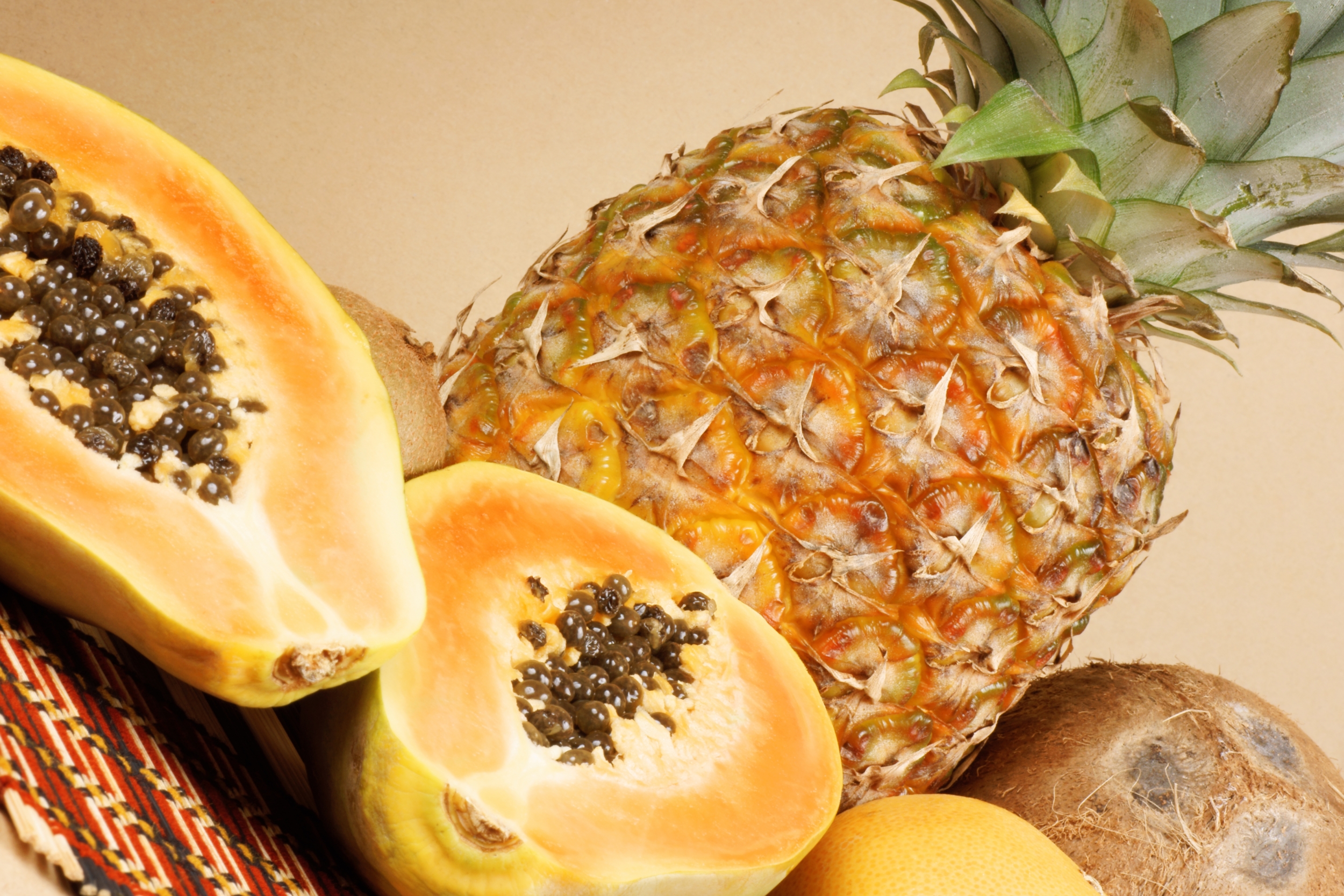

Home > Knowledge center > Britase non-GMO enzymes

Specialist:
Gerwin Elzinga
Date:
January 2023
Category:
Tags:
enzymessustainableeco-friendlynon-GMOinnovationsafe100% biobased
The Sirius Effect:
More and more completely GMO-free manufactured enzymes
The use of enzymes fits within a sustainable strategy especially if they are also produced completely GMO-free. Sirius International offers enzymes that are produced completely naturally without the use of genetically modified organisms. Thanks to the Sirius effect you raise your sustainable products to an even higher level.
"Britase: more and more completely GMO free manufactured enzymes"

More and more companies are attaching great importance to sustainability. The use of enzymes fits a sustainable strategy very well. For example, enzymes work at a relatively low temperature which reduces energy consumption. In addition the use of enzymes often results in a lower consumption of polluting chemicals. As examples, consumers need less detergent for the same washing performance and clothing factories will use less harsh chemicals when coloring fabrics.
Rather GMO free
Less fitting within such a sustainable strategy however is the fact that many of these enzymes are produced by genetically modified organisms (GMOs). These GMOs are micro-organisms such as bacteria and yeasts whose DNA is artificially modified to allow them to produce enzymes on a large scale. The problem with these GMOs is that it is unknown what the long-term effect of such genetic modifications will be, especially if they somehow end up in surface water and thus also in the food chain. That is why many consumers are hesitant about GMOs and prefer a product that is produced without GMOs.
GMO-free or not?
Unfortunately, there is still a lot of confusion in this area. Several major producers of enzymes do claim that their enzymes are not genetically modified. Basically what they mean is that the enzyme itself is an exact copy of the natural enzyme. But, what they don't mention is that that enzyme is produced using a genetically modified micro-organism, that is a GMO. The production of their enzymes is therefore certainly not GMO-free.
Unique: completely GMO-free production
Sirius International is the only company that supplies enzymes that are produced in a natural way, completely GMO-free, without the use of a single genetically modified micro-organism. “Our enzymes themselves are exactly the same as their GMO-produced counterpart, only our enzymes are produced completely GMO-free, which is a great advantage,” says Gerwin Elzinga, chemist and commercial manager at Sirius International.
Wide range
Sirius has developed the Britase product line for this purpose which is constantly expanded. This product line contains various enzymes for cleaning agents, but also enzymes for skin care products, water treatment, agriculture and the clothing industry. The enzymes for detergents and other cleaning products include, for example, Britase Amylase an enzyme that breaks down various organic stains such as tomato sauce and jelly stains. Britase Lipase can be used to tackle grease stains while Britase Protease can remove blood stains. Britase Cellulase helps to keep clothes beautiful despite many washing cycles by preventing pilling. Sirius also offers various enzyme mixes in which these enzymes are already combined in an ideal proportion. In addition to the already mentioned enzymes these mixes also contain the enzyme Britase Mannanase which can break down mannose, a polysaccharide commonly found in vegetable stains such as ketchup and chocolate.
The Sirius enzyme range also includes enzymes for skin care such as Britase Bromelain, an enzyme that can detach dead skin cells and Britase Papain which can cleanse the skin in a less specific way. Both enzymes can be used in a soft scrub but also in a medical product to clean wounds.
New enzymes
New in the range are enzymes for water treatment, agriculture and the clothing industry. For example, Britase Catalase which can be used to stop the bleaching of fabrics with peroxide. Britase Laccase, on the other hand, is used in the production of stone-washed jeans. In water treatment enzymes are available for both aerobic and anaerobic conditions. Those enzymes can be used, for example, to increase the production of biogas. For agriculture, Sirius offers enzymes that can be used to stimulate plant growth, for composting, soil improvement and pest control.
“If someone is looking for an enzyme that is not yet in our range we are always open to it,” emphasizes Gerwin Elzinga. “We then look in nature for a natural organism that produces that enzyme. We will then train them to be able to do this on a larger scale. The result is an enzyme that does exactly what is needed and is produced by authentic bacteria.”
Curious?
Would you like to know more about one of our enzymes? Would you like to try something out or do you have a question about a different type of enzyme?
Please be welcome to contact us today and share your question with us!
© Copyright Sirius International Detergents BV | Sirius International Water Treatment BV
Other blogs
Blog
Cosmetics
Blog
Briteframe AQn
Blog
Platform for innovative raw materials
Blog
BritePro non-GMO probiotics
Blog
100% bio Phenols
Blog
Water treatment
Blog
Circular Surfactants
Blog
EU green deal
Blog
Choose sustainable palm kernel oil!
Blog
Life Cycle Assessment
Blog
Strong surfactants
Blog
100% bio Mild surfactants
Design: Inzpire Design & Communicatie | Development: Haagen Web & App